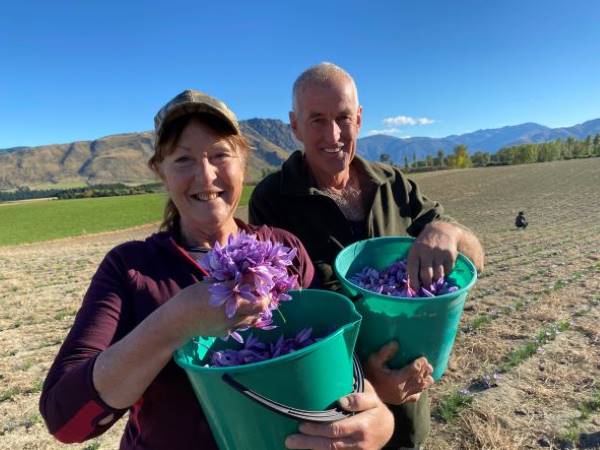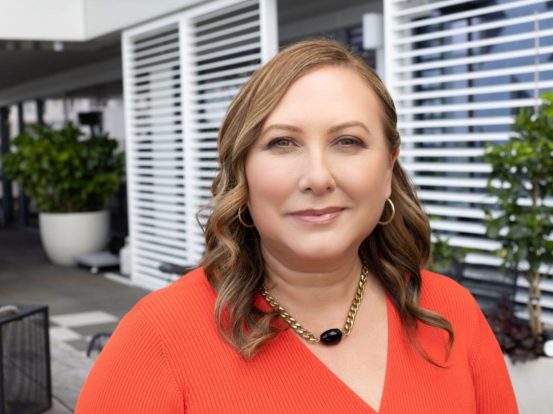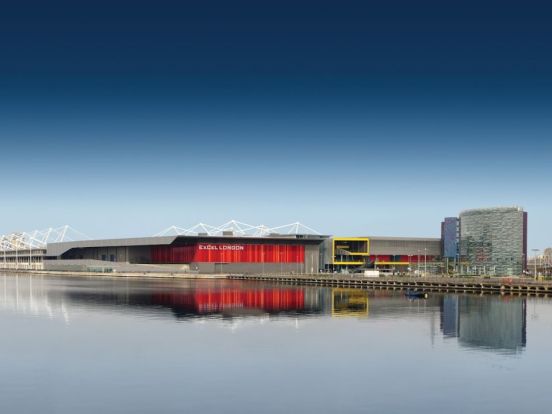Tucked away in quiet corners of New Zealand, our boutique growers and producers are doing what they do best and satisfying a growing hunger and thirst for home-grown Kiwi kai with a ‘story’ in the process.
Many of them can’t keep up with demand, but they’re careful not to allow that to force them to go big and lose the unique flavour of what they’re doing.
The lush, green pastures of the Deep South are producing their fair share with chefs lining up for more, not just on home turf but overseas as well.
Te Anau-based Kiwi Saffron owners Steve and Jo Daley grow high-grade saffron for culinary use from land at Garston, an hour or so drive away. When Jo, a former garden centre manager, asked Steve to get her some hobby saffron to grow for cooking in the kitchen at home, she got more than she’d bargained for.
“He researched it and became so fascinated that he ordered 40,000 quarms for me,” says Jo. That started a highly labour intensive business that is now producing world class saffron and Jo and Steve have the paperwork to prove it. “We knew it was good, but we had to prove it,” says Jo.
They sent samples to Sweden for ISO (International Standards Organisation) testing and their saffron was classified as first class. “That first harvest only netted 36 grams – a handful, of saffron and we needed 10 grams to do the test, but it’s way surpassed that top standard now in colour, flavour and aroma, reaching pharmaceutical grade.”
Top chefs have tasted it and can’t go back, with Sir Michael Hill even requesting some to be sent to his executive chef at his private golf course, The Hills, near Queenstown.
“He was ecstatic and super amazed by it once he’d tried it, saying ‘this stuff is amazing’,” says Jo. They’re now supplying his clubhouse restaurant, with extra demand from The Hills private members, as well as Steve Sepsy at Aosta in Arrowtown, Peter Gordon at Homeland and the chefs at Depot, to name a few.
They’re now exporting to a Malaysian supermarket chain, which is also interested in taking their saffron-infused honey.
At around $36 a gram (retail) for the inorganic product through to $46 a gram for organic saffron, it’s a top of the line product, but delicious in paella seafood dishes, desserts, bread and baking. “I like to poach pear or quince in a saffron honey syrup and it’s delicious in a crayfish saffron broth,” says Jo.
Not far away in the lush Southland pastures Logan and Melissa Johnson at Farm Fresh South are literally living ‘paddock to plate’, hand delivering their farm fresh milk in glass bottles direct to Sylvie Chasteau at Black Shag Boutique Café in Invercargill. They supply their milk to between 15 and 20 local cafes and restaurants.
Customers can literally tell the difference in their coffees, says Sylvie, who owns Black Shag with partner Dion Milanesi. “It’s beautiful full cream milk and the coffee is really sweet, silky and rich so you don’t need to add sugar,” she says. “It’s less processed and creamier. People definitely seek us out for our farm fresh milk and they really support us using glass. “We’re all really passionate about minimising our footprint.” They use the milk, wash the bottles and Logan and Melissa collect them. “It saves a huge amount of plastic,” she says.
The Black Shag team also make their own alterative milks in-house, stored glass bottles – an almond and cashew blend and coconut and hemp blend, both extremely popular with coffee lovers.
Sylvie and Dion also grow a lot of the vegetables, herbs and edible flowers used in the café at home on their large quarter acre section, adding even more, fresh, local flavour to the food. “Our entire backyard is now a veggie garden,” she says. “We grew 100kilos of tomatoes from it last season.”
Further north at the top of the South Island near Nelson, Dom Ferretti and Jeanette Ida grow specialist species for restaurants like Boat Shed Café using regenerative agriculture, organic and biodynamic principals.
Jalapeno chilli peppers and horse radish are in demand with Boat Shed owner and local restaurateur Daniel Monopoly. “He’s been great to deal with and very reliable,” says Dom. “We go to the trouble to grow a specific crop and they follow through when it’s ready and purchase what we have grown for them,” he says. “Growing Jalapeño peppers for such an enthusiastic chef, as well as seeing the finished pickles, is fun and rewarding.”
Horseradish has been a new variety for Ferretti Growers. “After a couple of years, they are expanding their crop a lot this year. Chefs make purees and sauces with amazing flavours out of them,” says Dom. “The Boat Shed chef wants to come and harvest baby horseradish leaves and use them as a wasabi-like garnish to give his plates that X-factor.” He’s also planning to harvest some flowers that the Ferrettis sow to attract beneficial insects.
Dom comes from a strong Italian market gardening family heritage with his grandfather first working the land when he settled in the Hutt Valley in New Zealand in the early 1900s. Dom and Jeanette followed the family calling in 2009, leaving their Wellington ‘day jobs’, as a climate scientist and physiotherapist respectively, to work the land near Nelson.
Lockdowns and Covid restrictions haven’t held them back from the Farmer’s Market followers either with a now booming organic veggie box business thriving nicely. They pack and deliver the fresh boxes straight from the crop. “There’s been lots of extra demand lately and we have a massive waiting list,” says Dom.








